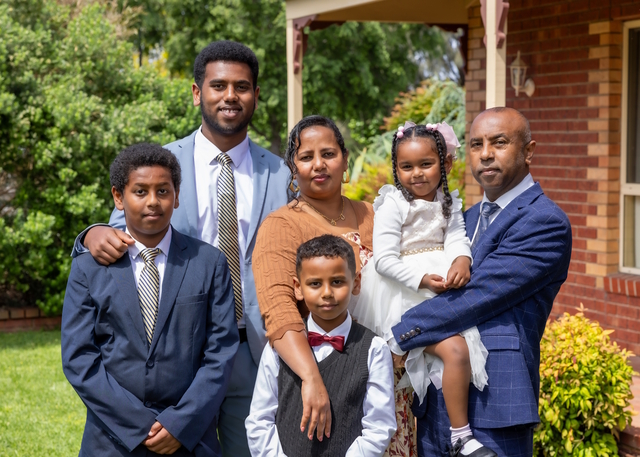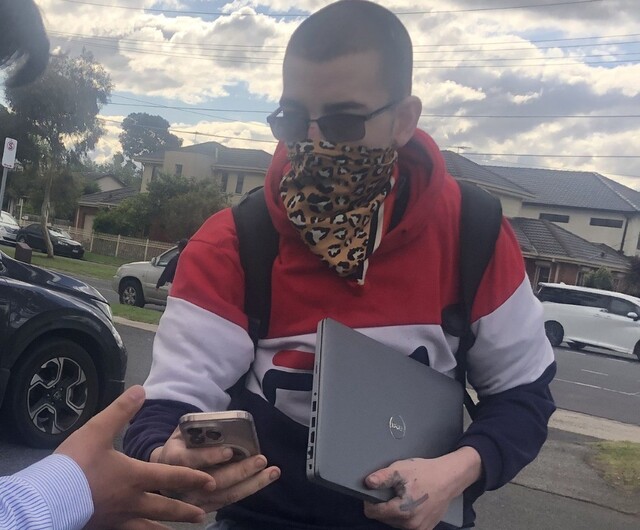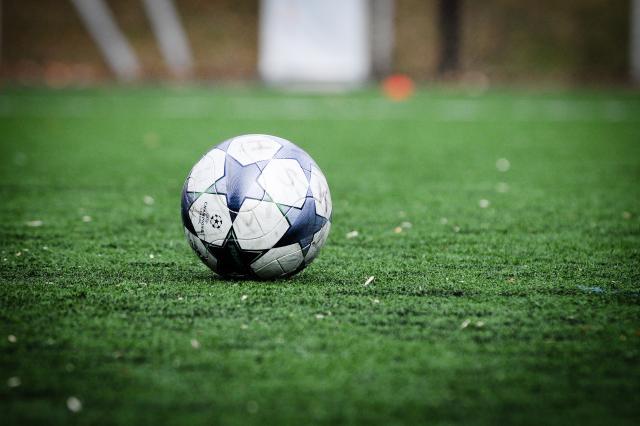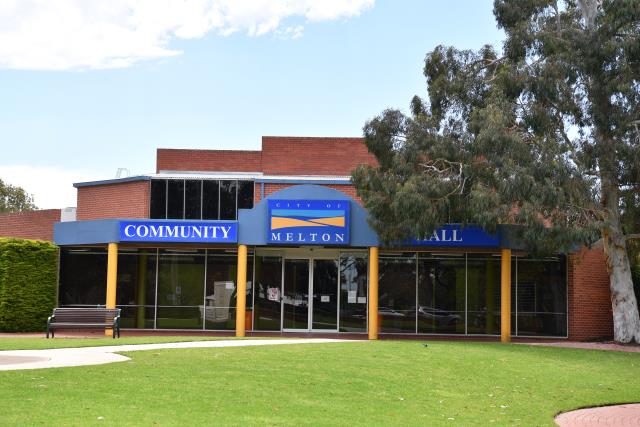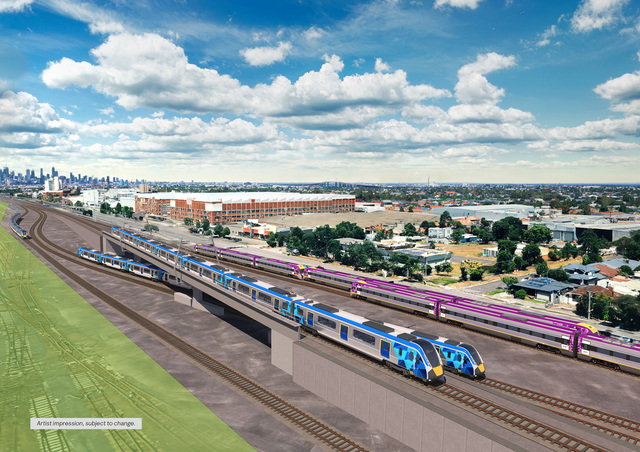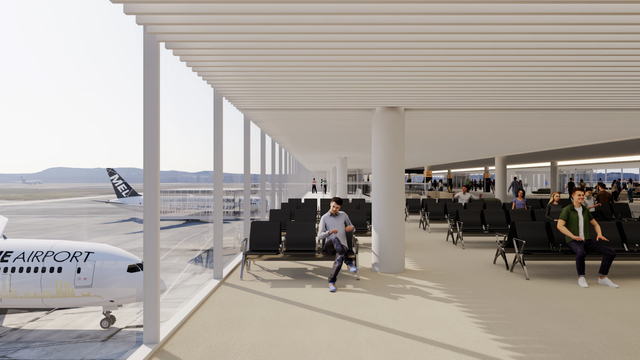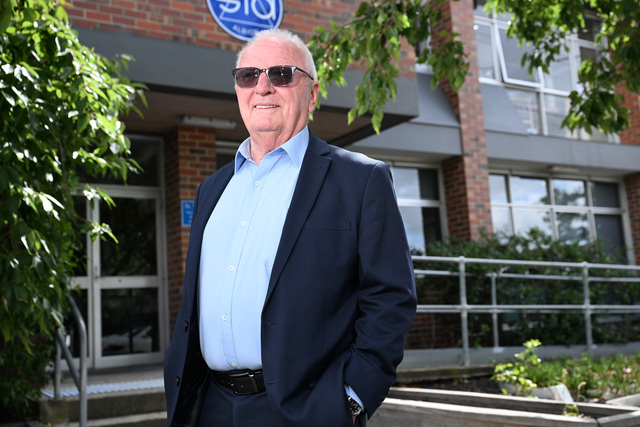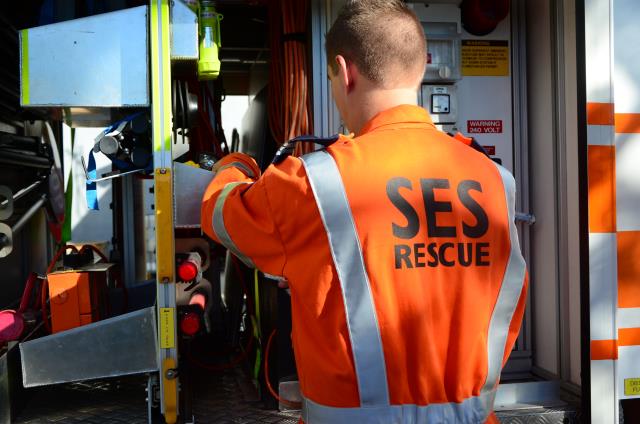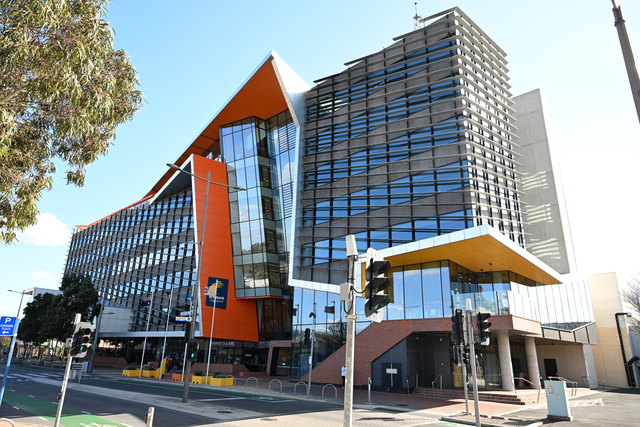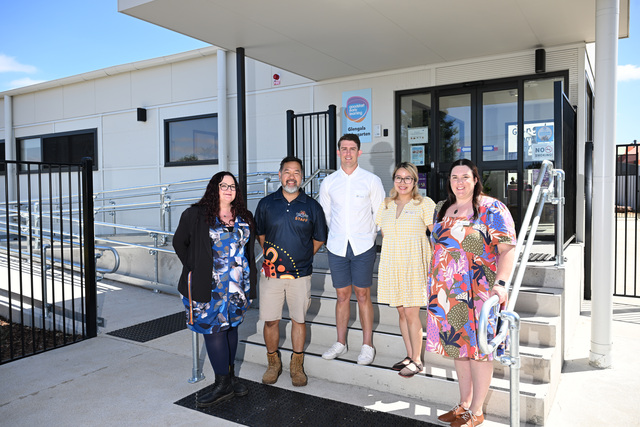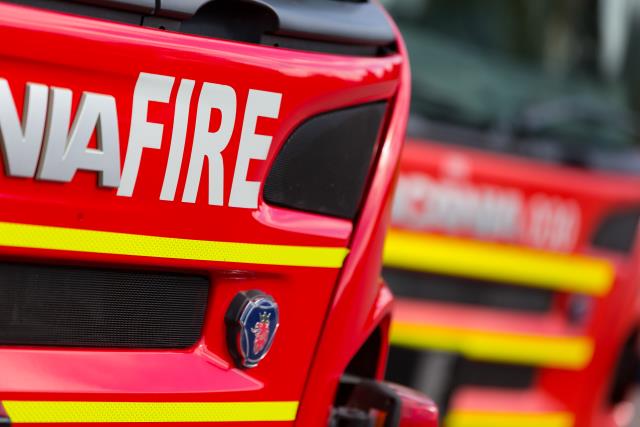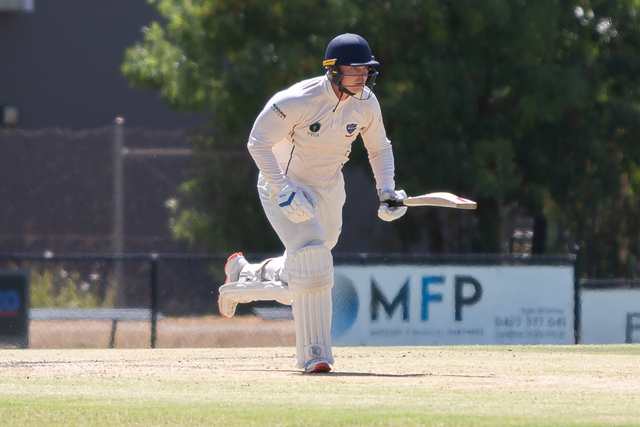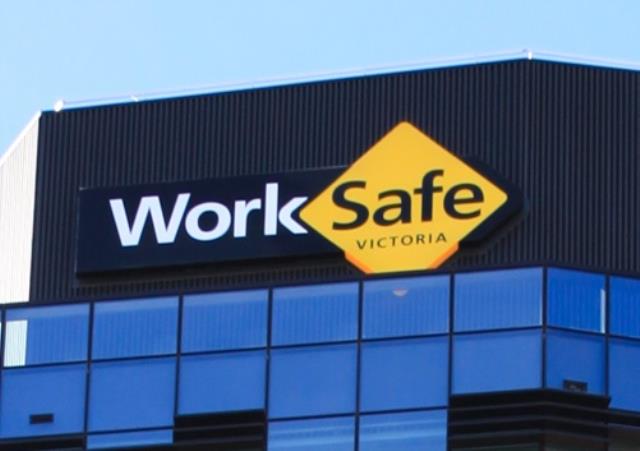Members of Sunshine West’s Eritrean community have marked 30 years of brutal religious persecution in their homeland – with no end in sight for their fellow worshippers at home.
According to Jehovah’s Witness regional spokesman Joshua Wilson, on October 25, 1994, a presidential decree revoked the citizenship of Eritrean-born Jehovah’s Witnesses, leaving them suddenly stateless and without the right to own property, complete schooling, run a business or find employment.
Sunshine West residents and Eritrean refugees Biniam Tseggai and his wife Yosan were two such “non-citizens”.
In the mid to late 90s, Biniam, a marine biologist, was arrested multiple times for exercising his faith.
He says he later lost his job at the Ministry of Fisheries because of his religious convictions.
Four months later he was apprehended by the military police and taken to a camp.
“After being tortured on the first night, I ran away and trekked for three days to Sudan where I sought asylum. I stayed for over six years working as an interpreter and clerk for the UN Refugee Agency (UNHCR),” he said.
From Sudan, Biniam and Yosan were part of a group of 100 Jehovah’s Witnesses assisted by the Australian Government to escape persecution, landing in Australia in 2007.
The majority of that group now reside in Melbourne’s west.
For many Jehovah’s Witnesses living in Eritrea, Biniam’s experiences are far from unusual.
Being stripped of their citizenship prevents Jehovah’s Witnesses from leading normal lives, and this loss of basic civil rights is further compounded by the ongoing arrests and imprisonments where many are detained indefinitely without being charged.
According to Mr Wilson, in the last 30 years at least 250 Jehovah’s Witnesses have been imprisoned – men, women, elderly, and even children. He said at present there are 34 men and 29 women imprisoned for their faith.
Biniam’s brother-in-law was imprisoned for 26 years in appalling conditions after being abducted by soldiers when he was just 21 years old.
“Religious freedom and all human rights are very important,” Mr Tseggai said. “We should all have the same rights. Our experience is a reminder to not take anything for granted.”
Now parents of four children, Biniam and Yosan are grateful to practise their religion in peace and raise their children in the safety of Melbourne’s suburbs.
“The sense of community is the best part about living here, we enjoy the time we spend with others in the Eritrean community,” he continued.
“We all know each other and have each experienced persecution in one way or another. Many are sympathetic to how Jehovah’s Witnesses are treated in Eritrea.”

